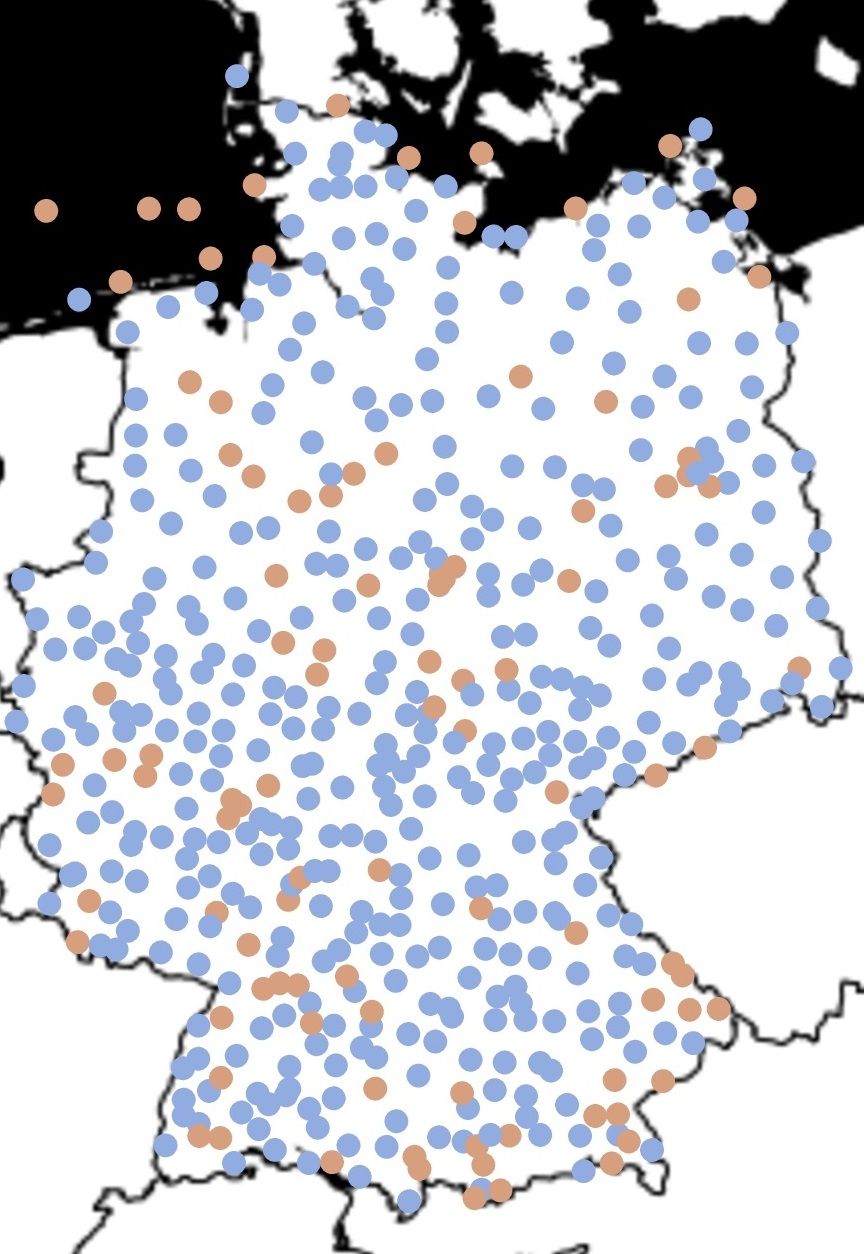
Local and Precise: Neural Networks in Weather Forecasts
Thunderstorms, sun, heat and cold – this year’s May showed how quickly the weather can change. Responsible is the “chaotic system” …

HITS: Call for “Journalist in Residence” in 2020 and 2021
Are you an experienced science journalist? Would you like to delve into new areas of research and deepen your technical knowledge? …

Carbon chemistry at HITS: tremendous potential
The new junior group “Computational Carbon Chemistry” at HITS works on graphene, one of the most promising materials in modern technology. …
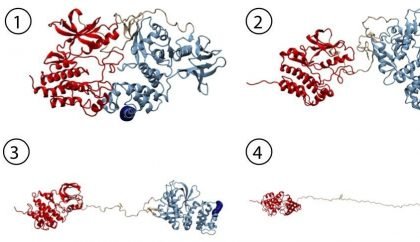
Force for activation
Tumor invasion and metastasis are major problems in the therapy of cancer patients. A team of researchers at the Heidelberg Institute …
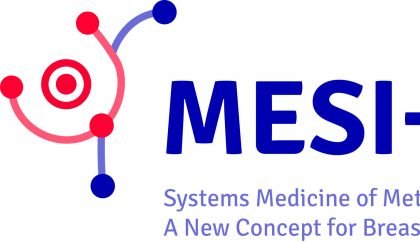
Metabolic signaling as new concept for breast cancer risk estimation
HITS is partner of the international research consortium “MESI-STRAT” that explores the interplay of breast cancer metabolism and oncogenic signaling by …
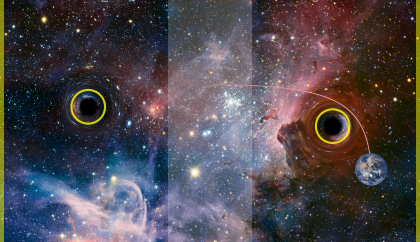
Free Open Source Materials from the ESO Supernova Planetarium & Visitor Centre
Since it opened in April 2018, the ESO Supernova Planetarium & Visitor Centre has shared the wonders of the Universe with more …
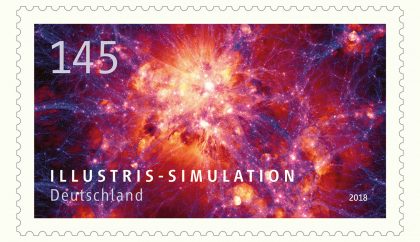
Und ab geht die Post: Das virtuelle Universum auf einer Briefmarke
Follow this link to read the content in German.

The Data Revolution in the Night Sky
The HITS Astroinformatics research group led by Kai Polsterer helps astronomers to better analyze the rapidly growing data-sets with modern methods …

“Highly Cited Researchers” at HITS
HITS scientists are listed among the most cited researchers worldwide. This year’s “Highly Cited Researchers” ranking by Clarivate Analytics again …
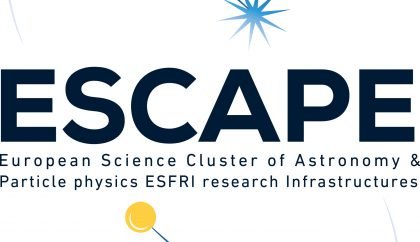
ESCAPE: Launch of the European Project for Data Management in Astronomy
2019 marks the beginning of one of the biggest projects for data management in astronomy. The „European Science Cluster for Astronomy & Particle …
